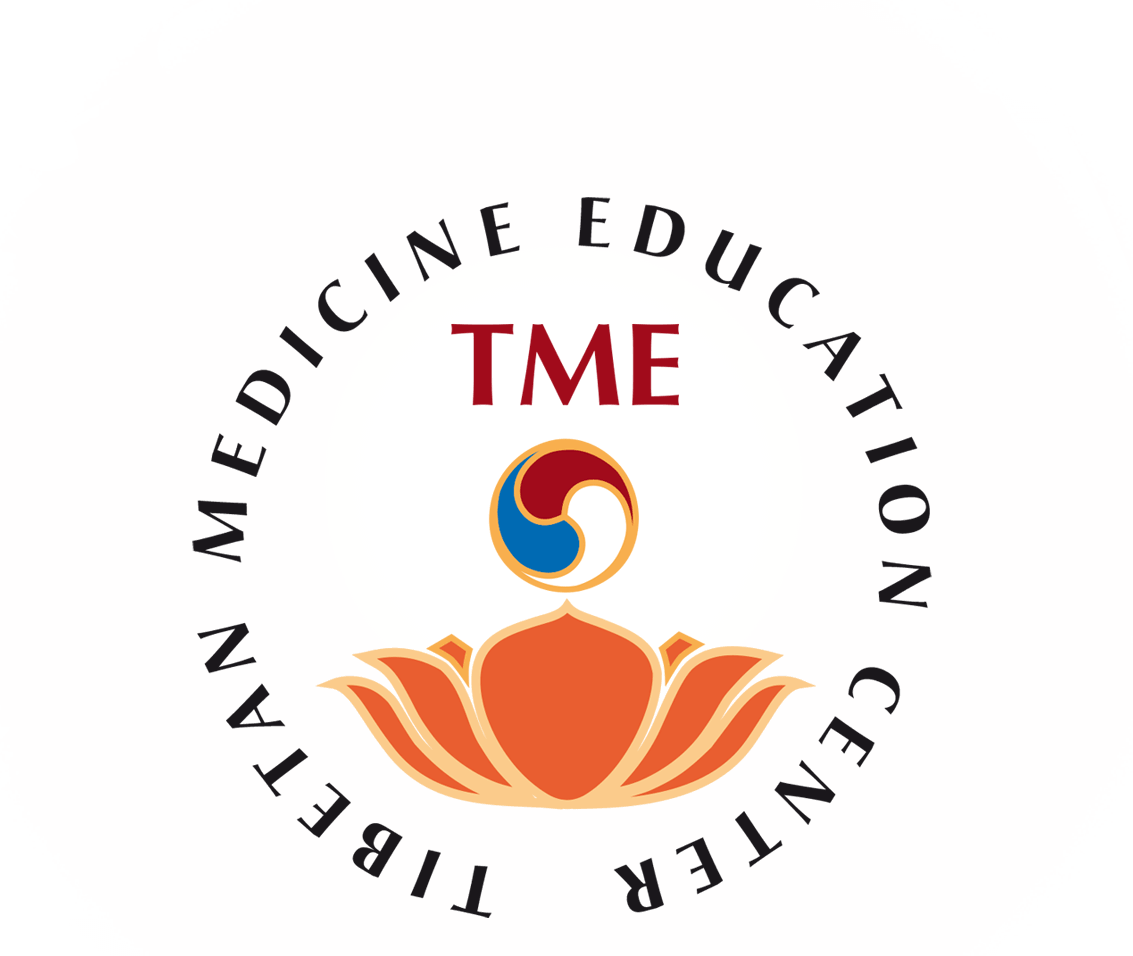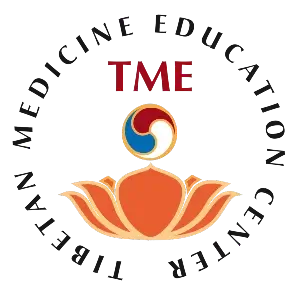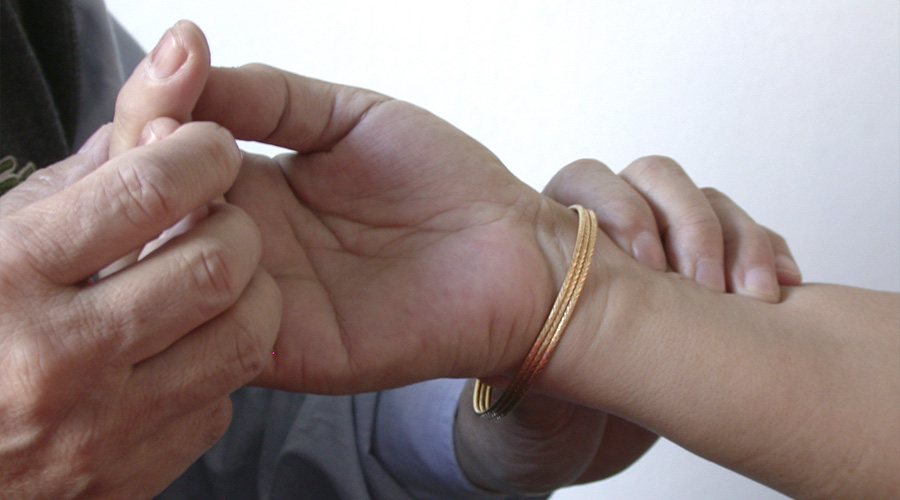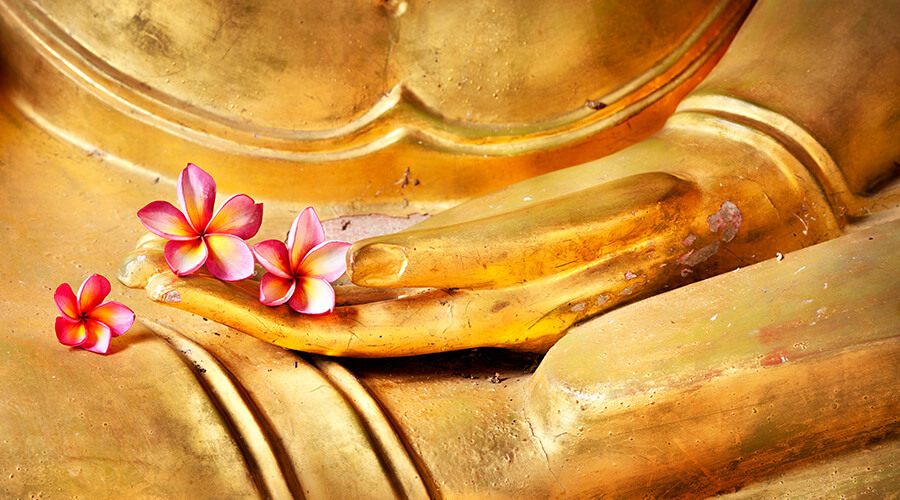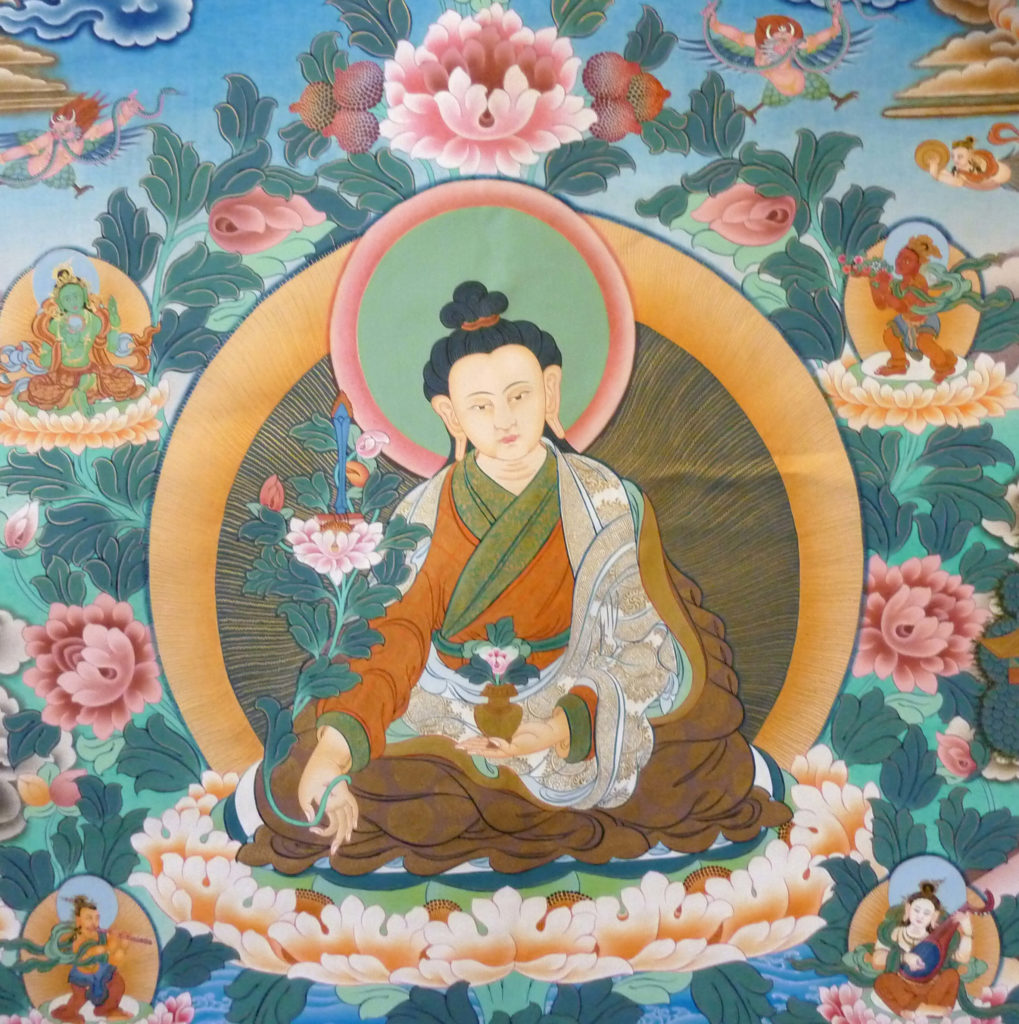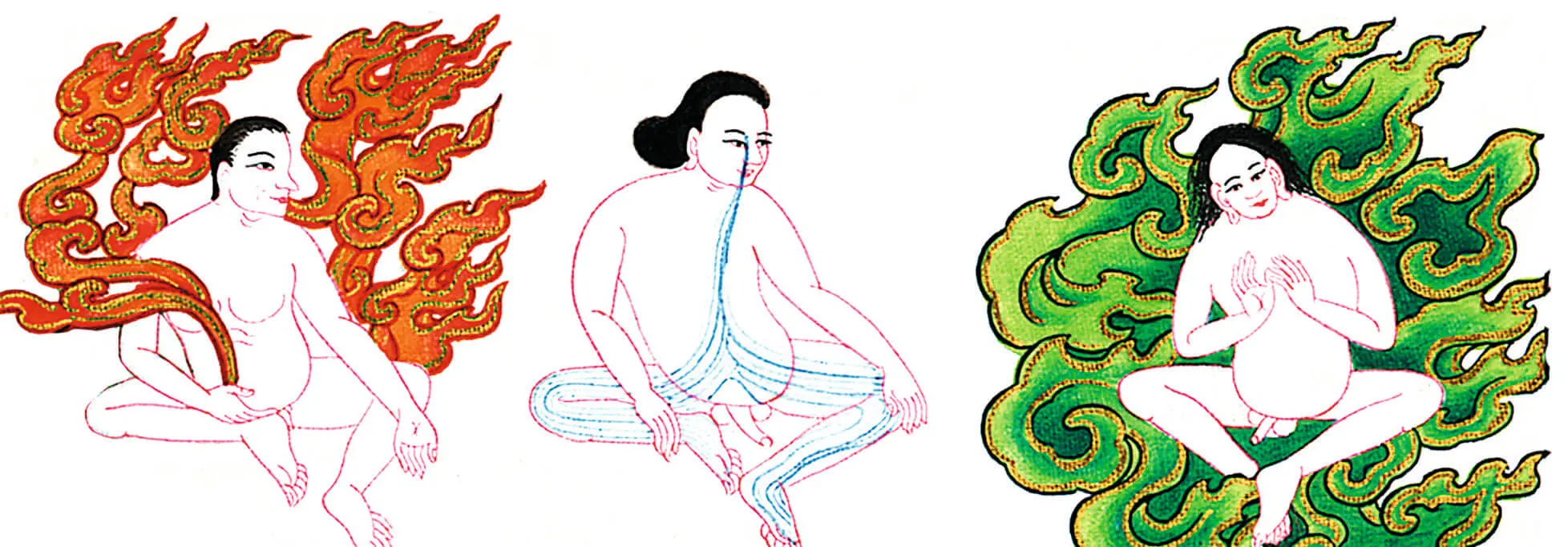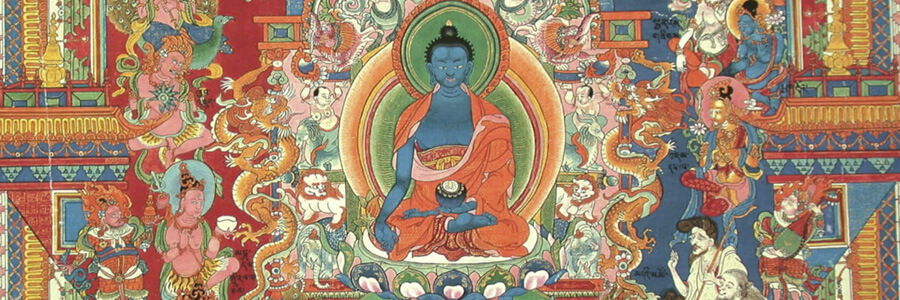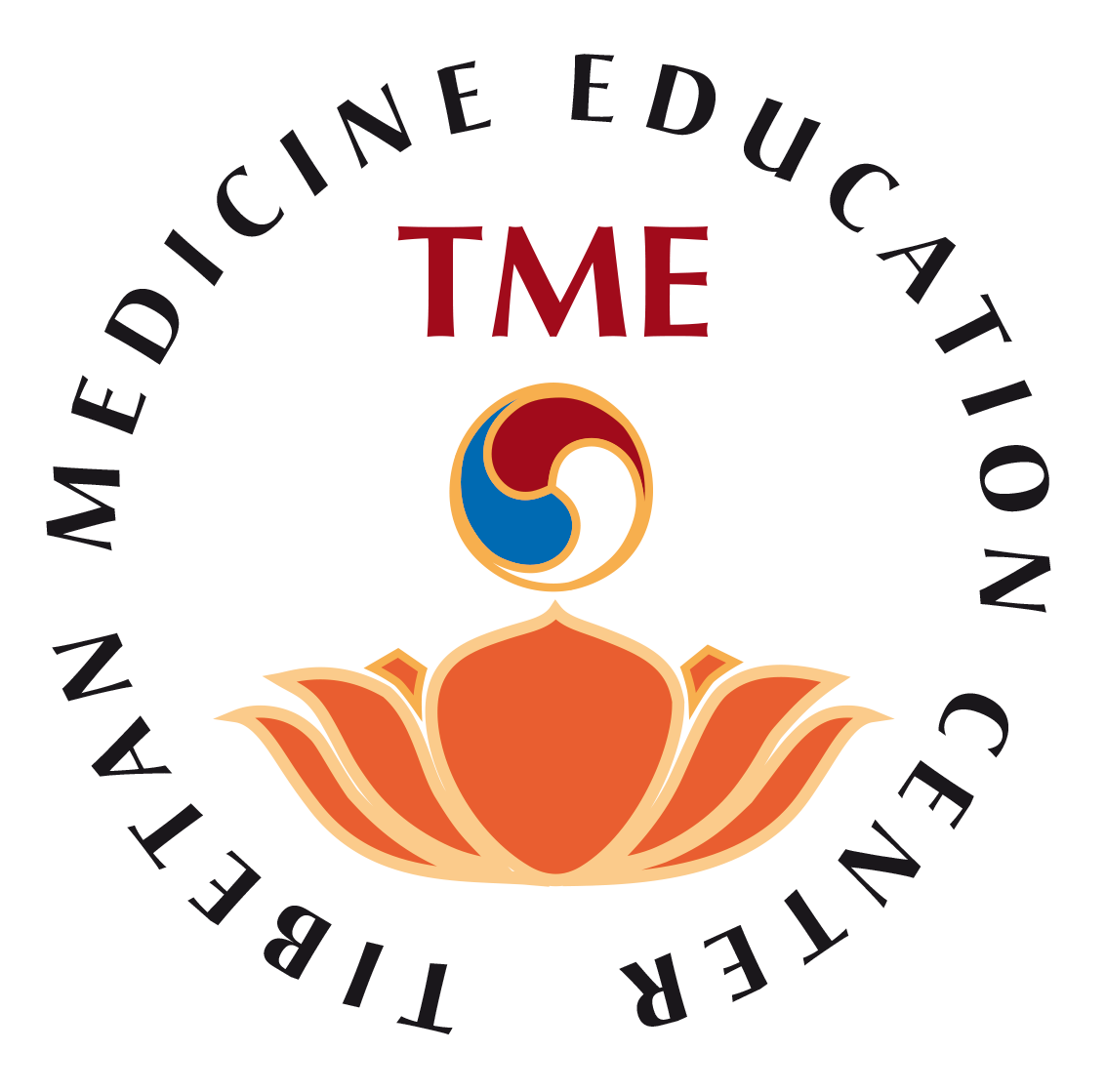The Tibetan Medicine
The Medical Practice
A doctor of medicine or healer-physician (tsojé menpa) knows mind and emotions, the body and humoral function, etiology, pathology, treatment, materia medica, and pharmacy, and applies this knowledge skillfully.
The Medical Practice
Tibetan Traditional Diagnosis
To make a diagnosis, Tibetan physicians use their six sense consciousnesses. They mainly emphasize pulse reading, visual diagnosis (tongue, urine…) and hearing, and ask questions about the history of the patient which is an important part of the examination. Generally they don't use machines or any electronic help.
The Medical Practice
Self-diagnosis
What is your constitution? Knowing and living according to one’s body constitution is very important in Tibetan Medicine because many of the diseases or disorders manifest themselves from constitutional weakness, internal humoral reactions and natural aging process of life.
The Medical Practice
FAQ on Tibetan medicine
Does Tibetan Medicine cure all diseases? Theoretically, Medicine Buddha taught, according to Buddhist concept, everything about pathologies and their cures. However, everyone’s life is ruled by their own karma or destiny that eventually leads to death. Therefore there are some diseases that cannot be cured by medicine. In Tibetan Medicine, they are called karmic diseases. But medicine and therapies do restore the system and relieve pain and suffering throughout life.
